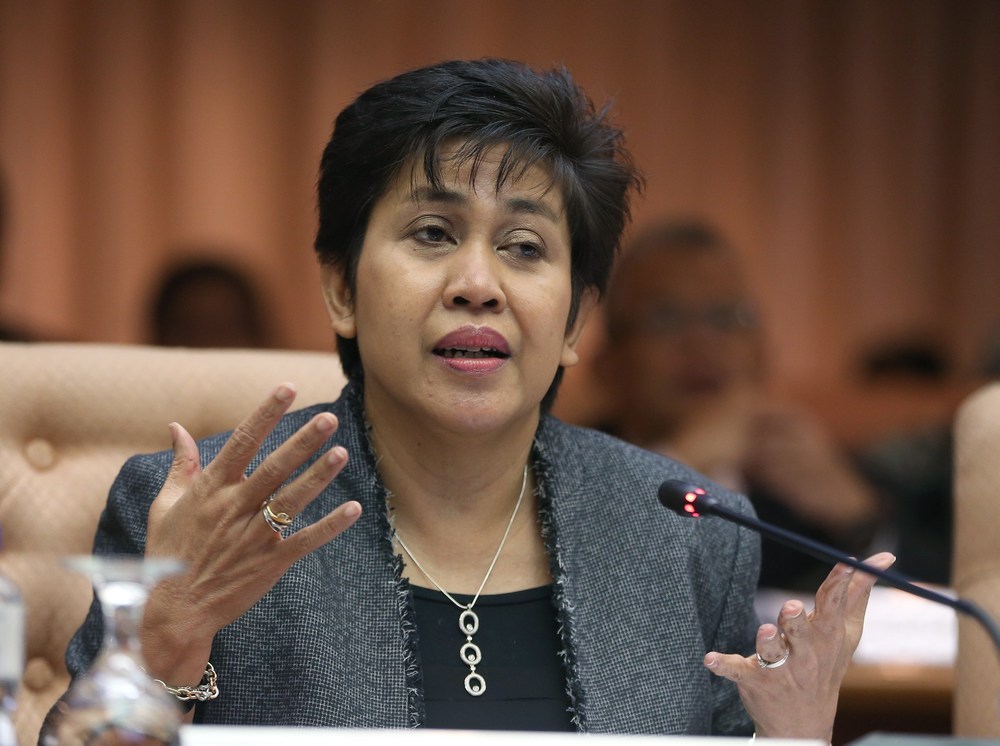KUALA LUMPUR, Aug 29 — Decent affordable housing is fundamental to the health and well-being of people, and to the smooth functioning of economies. Yet around the world, in developing and advanced economies alike, cities are struggling to meet that need.
In line with the country’s commitment to provide adequate and affordable housing for all income levels, particularly for the lower-income group, Bank Negara Malaysia (BNM) Governor Datuk Nor Shamsiah Mohd Yunus stressed that affordable housing is a shared responsibility and that the government is looking at how infrastructure providers could play their part in reducing the cost of houses.
“There are three components which make up the biggest proportion of the cost, namely land, construction and infrastructure,” she said in an exclusive interview with Bernama recently.
“There is a greater recognition now on the need to reduce costs. For land costs, the government is collaborating with the state government on mechanisms to reduce costs; and for construction costs — that is where the government is looking to leverage technology such as the IBS (Industrialised Building System) to bring down the cost,” she pointed out.
Explaining further, the governor said “more importantly is to adopt strategies to raise income levels of households to make housing more affordable to the rakyat.”
Over the period 2007-2016, growth in house prices have outpaced household income.
Based on the median multiple approach, a house is deemed to be unaffordable if it is priced more than three times the annual household income. Malaysia’s is at 4.8 times.
“Let’s take the B40 for example. With their median monthly income of RM3,000, they can only afford houses up to around RM108,000 — three times their annual income.
“If you look at the 68 per cent of total unsold residential units, they are above RM300,000. That is why we also have to address the supply-demand mismatch.
“While there is demand for affordable housing, the developers are building outside the affordable reach of the majority of Malaysians,” said Nor Shamsiah.
Recently, the central bank expanded the eligibility criteria for those seeking to purchase property under the BNM’s RM1 billion Fund for Affordable Homes.
Effective September 1, 2019, individuals planning to apply for financing to purchase affordable houses would be eligible to do so if they have a maximum monthly household income of RM4,360, up 86 per cent from the earlier threshold income level of RM2,300 per month.
Plus, the maximum property price will be increased to RM300,000 from RM150,000. These new terms would help buyers from this income group to obtain financing to purchase their first house.
Meanwhile, the governor reiterated the importance of the Guidelines on Responsible Financing.
“The Guidelines on Responsible Financing is still relevant because the main objective of these guidelines is to ensure that borrowers are able to afford the loan and can benefit from it.
“So, if a customer is taking the loan to buy a house, the customer should eventually own the house at the end of their loan tenure. Ultimately, the banks and the borrowers should also be responsible in the decision. It works both ways,” she added.
The central bank’s responsible financing guidelines are in place to protect the interest of borrowers by ensuring that those who borrow are within their capacity to honour the financial obligation until the end of the loan tenure and eventually own the property.
This is as opposed to merely buying the house upfront and then fall behind their obligations and end up losing the property.
On that note, the governor said a lot is being done to educate consumers on areas relating to credit and financial management, especially through the Credit Counselling and Debt Management Agency, or commonly known as Agensi Kaunseling & Pengurusan Kredit (AKPK), which has gained greater traction.
AKPK is an agency established by BNM to help individuals take control of their finances through prudent financial management and financial education.
Financial literacy is among the factors that can contribute to sustainable and inclusive economic growth. It is the first line of defence for consumers to protect their rights when dealing with unfair market practices.
At the same time, to alleviate the public’s burden in coping with the rising cost of living, particularly for the M40 and B40 groups, the governor said BNM has been emphasising the importance of improving technical skills, reforming the labour market and education system.
“There needs to be greater collaboration between training providers and the industry players to ensure Malaysia produces graduates with the right skills,” said Nor Shamsiah.
During the interview, the governor also explained at length several other key issues pertaining to the country’s economic growth, the banking industry, the vital need to increase consumer awareness, as well as the importance of education, reskilling and upskilling in order to stay relevant in a challenging and constantly changing economy. — Bernama



















